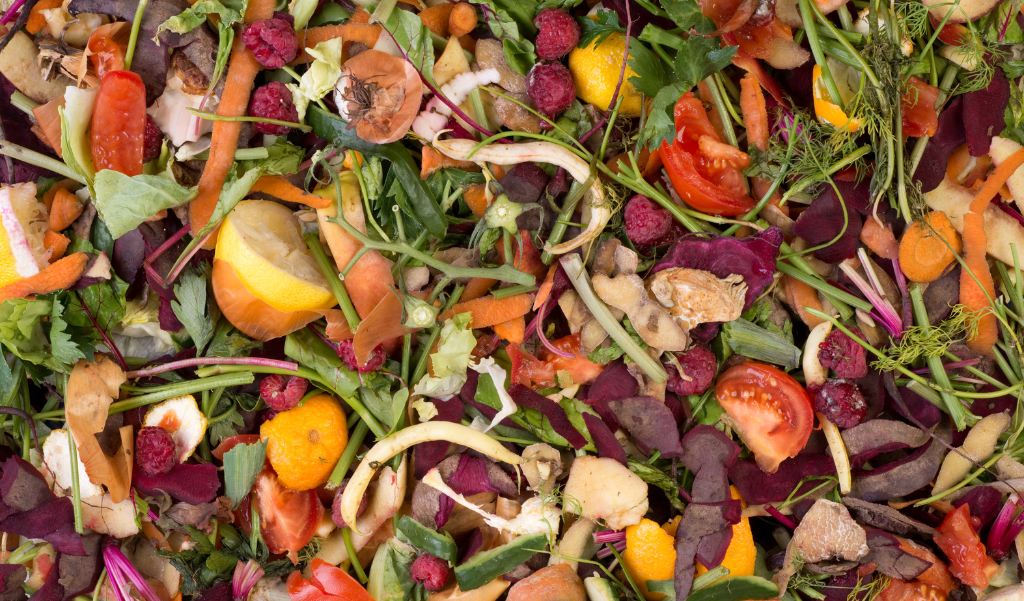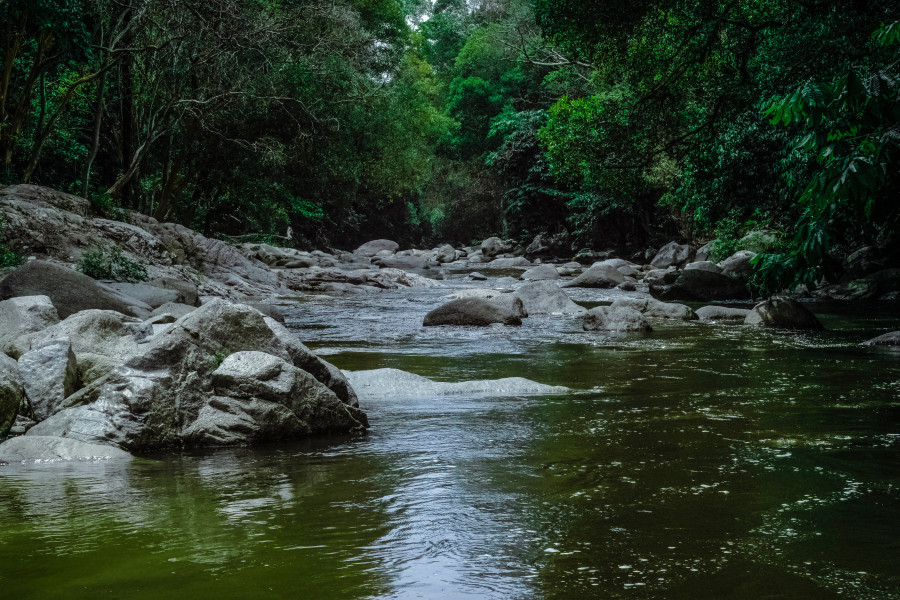Did you know that using compost improves the health of grass, crops, and other plants, and promotes waste reduction? There are numerous benefits to making and using compost. Read on to learn more!

Americans create compost or mulch from 63% of our yard trimmings. Food scraps are recovered for some type of beneficial use at a rate of 32%. This includes:
Still, many common items sent to landfill (such as food scraps, soiled paper, brush, grass, leaves, and more) could be diverted through composting. Currently, over 30% of all waste landfilled in the U.S. could be composted instead.
During the composting process, naturally occurring microbes process organic matter and destroy harmful pathogens. The resulting material (compost) is sometimes referred to as “black gold” because it is rich in nutrients and beneficial to plants.
Using compost helps roots to better absorb and provide nutrients to plants. This helps plants grow and reduces the need for artificial, chemical-heavy fertilizer. Using compost also reduces erosion, improves and stabilizes soil pH, and improves soil’s ability to absorb water. Compost loosens tightly bound particles in clay or silt soil, improving the ability of roots to spread, water to drain, and air to penetrate.

Compost’s spongy and absorbent qualities help soil retain moisture by acting as a barrier against evaporation. As a result, using compost on your lawn or garden conserves water by cutting the need for watering by more than half. Due to its ability to retain water, compost also helps prevent flooding caused by runoff, helps with erosion control, and gives our aquifers time to recharge. These are especially beneficial impacts considering the drought conditions we often face in Texas. In limiting erosion, compost helps prevent contaminants such as pesticides and herbicides from spreading through runoff or seeping into groundwater.
Since using compost greatly reduces the amount of water required for lawn care and gardens, its use can result in significant savings on your water bill. By enriching soil, compost makes plants healthier and better able to fend off pests and disease. This means there is less need for expensive (and often toxic) fertilizers and pesticides — another benefit to the environment and your wallet.
You can support Texas businesses and the jobs they provide by buying compost that’s made in Texas. When you buy local compost, you’re also reducing the amount of fuel and resources required, thanks to the shorter travel distance. Shopping for compost or mulch? Look for the Go Texan logo on compost, mulch, and other agricultural products to support Texas producers!
There are a variety of educational and support programs for home composting — some even provide financial incentives! So, the next time you’re about to send your food scraps and lawn waste to the landfill, consider starting your own compost pile.
If you’re not interested in composting at home, check with your local city or county to learn if curbside collection or drop-off options are available. The resulting compost may also be available for residents to pick up. Whether you make your own compost at home, participate in a city or county program, or buy compost from a Texas business, making and using compost is great for our environment and can save you money.